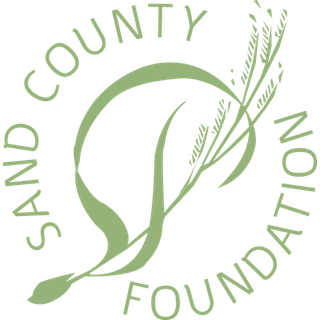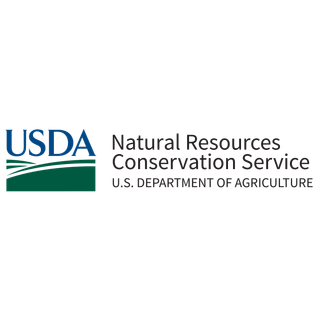“A thing is right when it tends to preserve the integrity, stability, and beauty of the biotic community. It is wrong when it tends otherwise.”
Those words from Aldo Leopold ring true for Troy Firth as he walks through a forest.
Born into a family of loggers, early on Troy worked in sawmills and the woods. He grew unsatisfied seeing forests left degraded by severe harvests, and efforts to take only the best trees. The prevailing practices of the time were threatening the local ecosystem and compromising the long-term health of the local timber economy.
At that same time, Troy’s conservation ethic was being influenced by reading Aldo Leopold and Wendell Berry. He came to see that forestry done right is an observational science that attempts to mimic nature.
He acquired his first forest land in the 1970s, and has since purchased about 7,000 acres. Through decades of care and diligence, Troy’s forests thrived as he built a business that provides rural jobs and a unique model for the timber industry.
In addition to lumber, Firth Maple Products is Pennsylvania’s second largest maple syrup producer. Its humble beginnings took shape when Troy began tapping maple trees while living on his family’s dairy farm. The 160-acre farm’s rolling terrain proved better for growing trees than crops. Troy also found that logging and maple syrup pair well, both seasonally and for managing a workforce.
Troy says, “A bad logger goes to the woods thinking of what he can take out. A good logger goes to the woods thinking of what he can leave.”
In addition to his unconventional “worst first” approach to selecting timber for harvest, he removes trees by doing the least possible damage to others left standing. The same care is given to the forest floor to not disturb soil, vegetation, and wildlife habitat.
To foster tree species and age diversity, Troy uses an approach akin to the Femelschlag technique or gap silviculture. Small group selections, no larger than a few acres, are harvested to create canopy gaps where the forest understory stocked with native species allows for natural regeneration to occur. This approach attracted the attention of conservation biologists and avian researchers who conduct a multi-year study of songbird diversity in forests Troy manages.
Troy subcontracts with four teams of Amish loggers who use horses instead of mechanical skidders. This minimizes damage to the forest floor, allowing the understory to recover quickly. Troy was demonstrating horse logging at a field day about 25 years ago when he met one of his conservation idols, Wendell Berry.
“When Aldo Leopold was writing “The Land Ethic” and worrying about “the apathy of private timber owners,” he was thinking of the need for foresters like Troy,” Berry wrote in his letter nominating Troy for the Leopold Conservation Award.
Troy and his late wife, Lynn, founded the Foundation for Sustainable Forests in 2004 to protect forested ecosystems and highlight sustainable forestry practices. He remains determined to see the organization serve as a regional model for other conservation-minded landowners. To date, Troy has had a hand in the conservation of 2,250 acres of working forests, with more gains on the horizon, including the generous bequest of his own lands.
While Troy’s career may sound idyllic, his lived experience is far from it. He has been unfairly criticized for not having what others say is a “realistic” approach to industrial timbering. Yet, his 45-year career is proof that forestry can be both economically profitable and ecologically nurturing.






